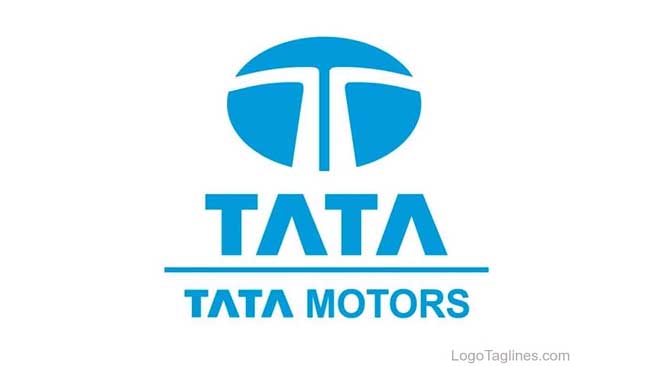
Mumbai,
July 28, 2022.
Tata Motors Ltd announced its results for quarter ending June 30, 2022. The results represent the details on consolidated segment level.
Jaguar Land Rover (JLR): Retail sales in Q1 FY23 were 78,825 vehicles, broadly flat compared with Q4 FY22 and down 37% compared with Q1 FY22. Revenue was £4.4 billion in Q1 FY23, down 7.6% from Q4 FY22, impacted by supply challenges including semiconductor shortages, slower than expected ramp-up of the New Range Rover and New Range Rover Sport production and China lockdowns. The customer order book grew further to 200,000 vehicles. The loss before tax in the quarter was £(524) million before a £155 million favourable exceptional pension item.
The loss primarily reflects the lower wholesale volumes with weaker mix, as well as unfavourable inflation £(161) million and currency and commodity revaluation £(236) million year on year. The EBIT margin was (4.4)% reflecting the lower volumes and unfavourable mix.
Free cashflow was negative in the quarter £(769) million, primarily reflecting £(616) million of unfavourable working capital movements. Tata Commercial Vehicles (Tata CV): Tata CV business witnessed strong volumes growth as compared to Q1 FY22 (a Covid impacted quarter). The growth in Q1 FY23 has been broad-based across regions and segments.
For India business, domestic wholesales were at 95,895 vehicles (+124% yoy). Exports were however at 5,218 vehicles, lower 22.6% affected by financial crisis in few export markets. The margin improvement was aided by higher volumes, realizations, and stable commodity prices.
Tata Passenger Vehicles (Tata PV): Tata PV business continued its strong momentum with wholesales at 130,351 vehicles, up 101.7% vs Q1 FY22. Demand for passenger vehicles continued to stay strong in Q1 FY23 even as the supply side remained moderately impacted.
The SUV portfolio contributed 68% of Q1 FY23 sales. Margin improvement was led by strong volumes, improved mix, and impact of higher operating leverage. Outlook: We expect demand to remain strong despite worries on inflation and geo-political risks while the supply situation is expected to improve further.
Cooling commodity prices are expected to aid improvement in underlying margins. We aim to deliver strong improvements in EBIT and free cash flows from Q2 onwards to get to near net auto debt free by FY 24.